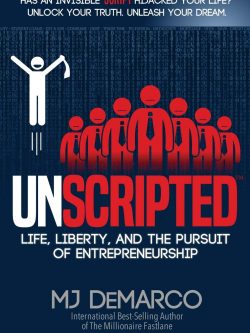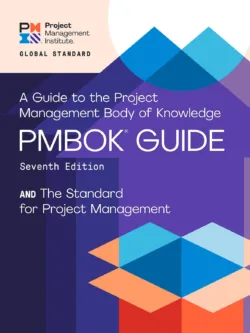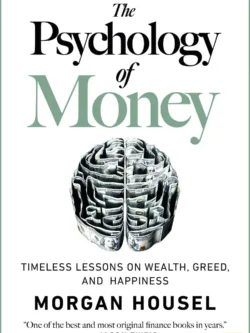Start making savvier decisions and outsmart your competitors with greater confidence and ease with this simple and comprehensive guide to the skills, tactics, techniques, tools, case studies, and lessons behind strategic thinking. Professor Ridgley has crafted these 24 lectures as an accessible way to engage with thinking that will help you think-and act-more strategically in business and in your own life, whether you’re the CEO of a Fortune 500 company or you’re preparing to embark on a new career path.
These lectures are loosely organized around several key topics central to effective strategic thinking, including principles of conflict (in which you’ll follow the development of strategic theory from its roots in great military campaigns to its modern applications in business); competitive intelligence (which plays an increasingly important role in strategic thinking); and tools of strategy and analysis (which can aid your understanding of the forces that shape our future and can help you make sense of a rapidly changing world).
Central to these lectures are the tools and tricks that strategic thinkers have used to better approach problems and seek lasting solutions. Among those you’ll learn how to use are the indirect approach (which offers you a much greater utility in achieving your objectives without approaching your opponent head-on); the value chain (a method that divides your team or organization into its value-producing activities so you can better inform yourself on its internal strengths and weaknesses; and the four actions framework (in which you ask yourself four questions to challenge your established logic in an effort to gain a stronger competitive advantage).





